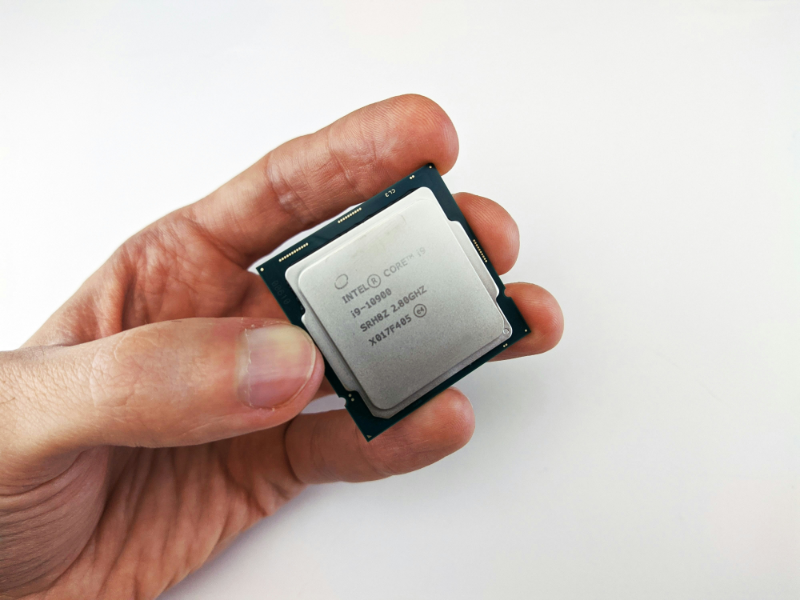- Intel secured $7.86 billion in funding under the US CHIPS Act, but the deal includes restrictions requiring Intel to retain at least 50.1% control of its foundry business. These conditions aim to ensure the funding supports domestic semiconductor production.
- The restrictions limit Intel’s ability to fully spin out or sell its foundry, potentially complicating its financial recovery efforts. The CHIPS Act funding is part of a broader US initiative to reduce reliance on foreign semiconductor suppliers.
What happened
Intel has secured $7.86 billion in funding under the United States CHIPS Act, but the deal comes with firm restrictions. The conditions, revealed in a recent filing, require Intel to retain at least 50.1% ownership and control of its foundry business if spun out as a private entity. If the foundry were to go public, no single shareholder could hold more than 35% of its stock, with Intel required to remain the largest shareholder.
Also read: Akhetonics raises $6.33M for innovative all-optical chips
Also read: BAE Systems, Rocket Lab receive $60M US semiconductor boost
Additionally, Intel must continue to use its foundry for chip manufacturing, ensuring it supports US semiconductor projects backed by the CHIPS Act funding. These stipulations align with the Act’s primary goal: strengthening domestic semiconductor production to reduce reliance on foreign suppliers.
Intel’s foundry restructuring earlier this year was aimed at making the business more attractive to external customers. However, the new terms limit the company’s ability to sell or fully divest its chipmaking arm, potentially restricting its financial options during challenging times.
Why this is important
The US CHIPS Act is designed to bolster the nation’s semiconductor manufacturing capacity, an industry critical for technology innovation and national security. By imposing strict control requirements, the government ensures that federal funding supports its objectives without risking foreign ownership or dominance over essential chip production.
For Intel, these restrictions could be a double-edged sword. On one hand, the funding provides much-needed capital as the company navigates financial turbulence. On the other, the limitations on selling or spinning out its foundry may hinder its ability to unlock additional liquidity or capitalise on the foundry’s full potential.
The stipulations also illustrate a broader trend of governments attaching strings to public funding, especially in strategic industries like semiconductors. While the restrictions might protect national interests, they may also challenge companies like Intel as they balance shareholder expectations with compliance. This situation serves as a test case for how public-private partnerships could shape the semiconductor industry’s future.

